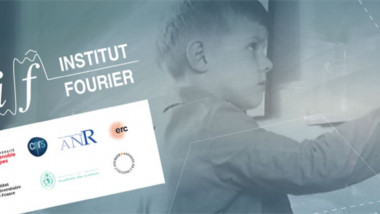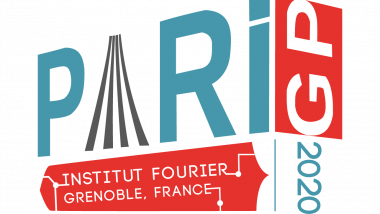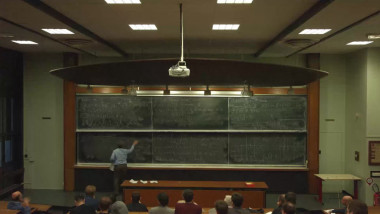Data-driven gradient optimization for learning high-precision quantum control
De Rebing Wu
Apparaît dans la collection : PRACQSYS 2018: Principles and Applications of Control in Quantum Systems
In the quest to achieve scalable quantum information processing technologies, gradient-based optimal control algorithms (e.g., GRAPE) are broadly used for implementing high-precision quantum gates, but their performance is often hindered by deterministic or random errors in the system model and the control electronics. In this talk, we show that GRAPE can be taught to be more effective by jointly learning from the design model and the experimental data obtained from process tomography. The resulting data-driven gradient optimization algorithm (d-GRAPE) can in principle correct all deterministic gate errors, with a mild efficiency loss. The d-GRAPE algorithm may become more powerful with broadband controls that involve a large number of control parameters, while other algorithms usually slow down due to the increased size of the search space. These advantages are demonstrated by simulating the implementation of a two-qubit CNOT gate.












